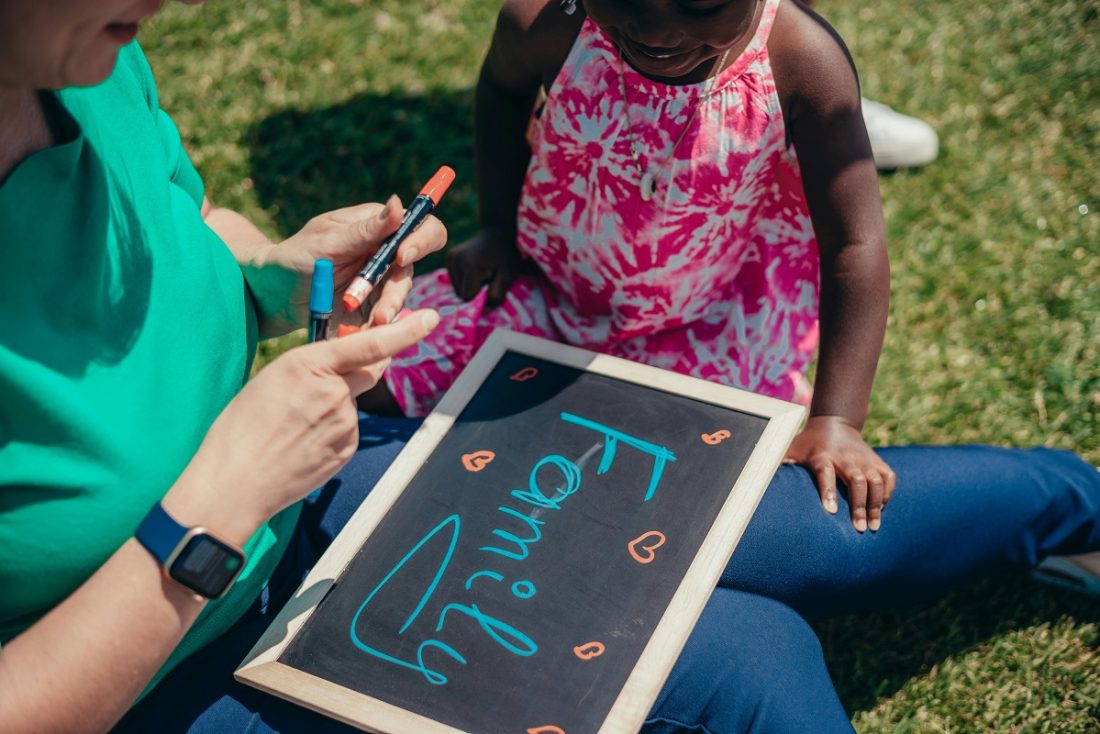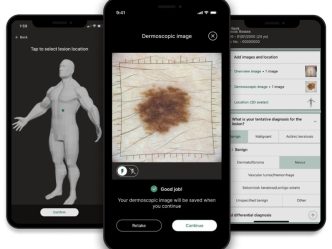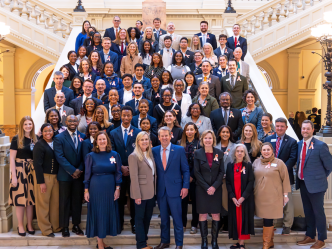The Georgia Department of Human Services indicates there are over 11,000 children in foster care. For many, their voices are limited, and that’s where Child Enrichment and Court Appointed Special Advocates (CASA) come into play.
Through the CASA program, volunteers serve as the “voice” for children in the Central Savannah River Area who have experienced abuse or neglect.
Rebecca Berger, the director of Testing and Disability Services at Augusta University, recently she completed her training and was sworn in as a CASA for children in foster care.
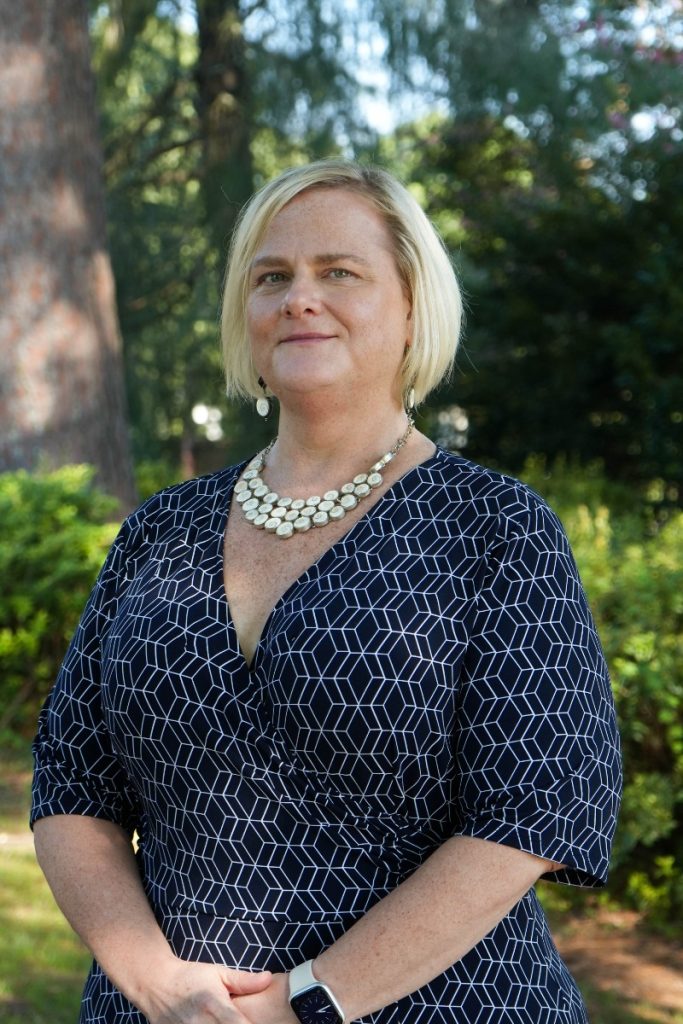
Disabilities Services
Service and volunteering in the community has always been important to Berger. When she came to Augusta University about two years ago, she was looking for the right time and opportunity to become more involved. After hearing about the program at one of AU’s Take Back the Night events, Berger went through the intensive training, in and out of the classroom, and she is now able to work with a coordinator to oversee the cases she’s given.
The program assigns foster children to Berger, and she serves as their advocate until they are out of the system. They are very engaged with each child and help look out for what is best for them.
“We’ll go and review every aspect of what that child’s life is,” said Berger. “We’ll interview and meet a lot with the child to get their understanding and perspective and feelings about the situation. We’ll interview others who are closely associated with the child. I really get as much of an idea about the child and their situation as possible because then I go to work and testify on behalf of the child as an advocate from their perspective.”
“I’m one person doing one thing, and it’s just one piece of the puzzle. It’s an important piece of the puzzle, and I’m honored that I have the responsibility, but I don’t want it to seem like I’m doing something amazing.”
Rebecca Berger
She added that it’s important to “speak for those who don’t have a voice,” and empower those who are finding their voice. This is one of the reasons she values working with college students with disabilities as they are in a stage in life when they are learning to be self-advocates. She considers it a privilege to assist students in discovering and using their voices in their own unique ways.
Berger also believes it’s crucial to invest in our future by advocating for the needs and rights of children who don’t have a voice.
“What a difference I’m going to be able to make to go and stand up in court and speak on behalf of a child that wouldn’t have been listened to or their story is told by adults who may have alternative motives and not necessarily have the full picture,” Berger said.
Susan Atterton, DBA, a business operations specialist in the Department of Psychiatry and Health Behavior in AU’s Medical College of Georgia, is also a CASA volunteer and has been for just about a year now. Atterton said the position has been extremely rewarding.
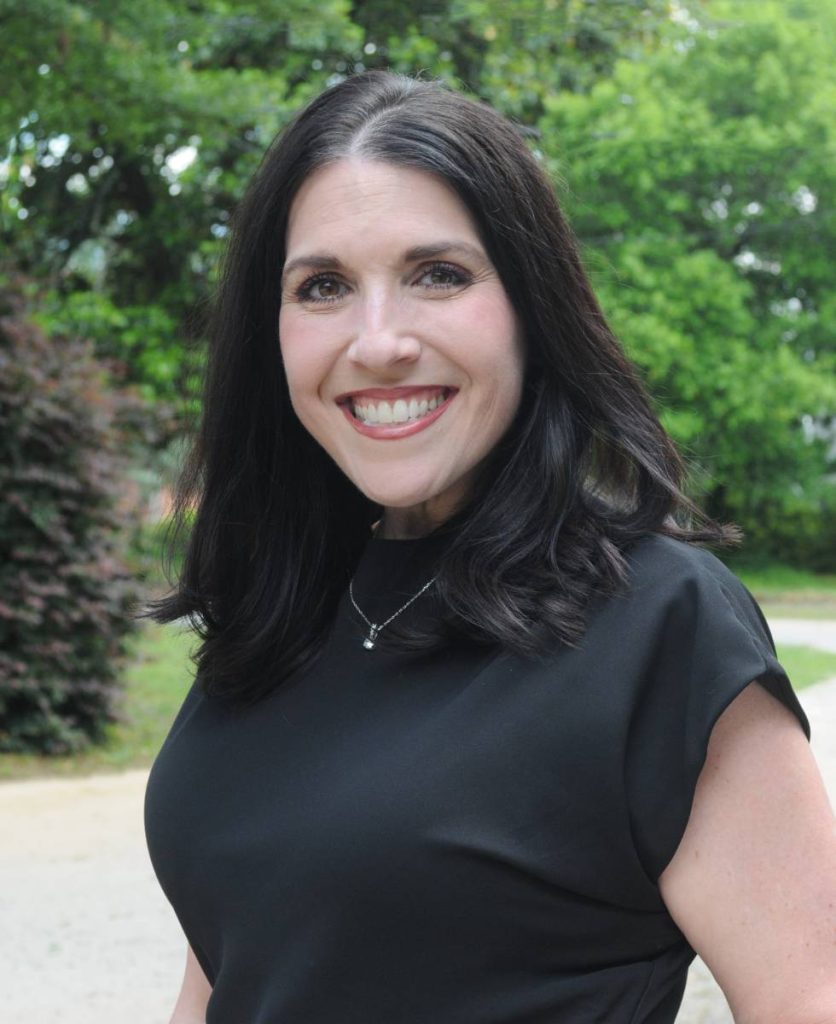
“Spending time with the children in my caseload is gratifying to see them change and grow,” Atterton said. “Knowing that I get to spend time with them and assist in making a difference in their life for the betterment of their future drives me to check in with them so often and advocate for them.”
She knows firsthand how working a full-time job and being a CASA can take its toll. While some of the training they go through addresses just that, Atterton realizes you have to take care of yourself, too, and that’s the advice she would give to Berger.
“Keep a clear head as much as possible and make sure to take care of your well-being. We do this because we have a passion for the well-being of others; we put ourselves on the backburner. It is critical to remember that we are no good to the kids we advocate for if we do not take some time to care of ourselves, too,” Atterton said.
While Berger has just become a CASA, she isn’t looking for praise; she just wants to help out those children that need it.
“I’m one person doing one thing, and it’s just one piece of the puzzle,” said Berger. “It’s an important piece of the puzzle, and I’m honored that I have the responsibility, but I don’t want it to seem like I’m doing something amazing.”
 Augusta University
Augusta University
